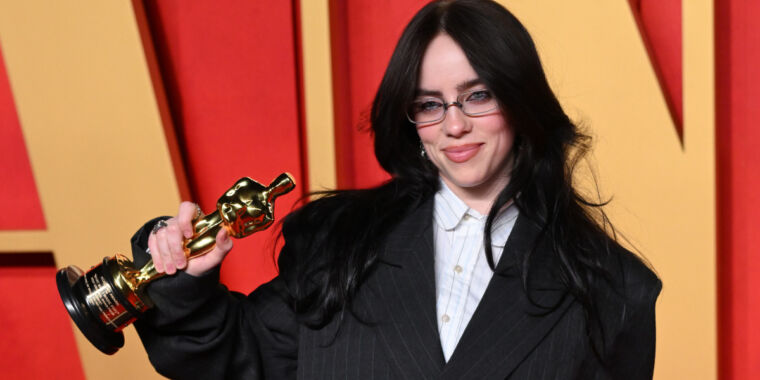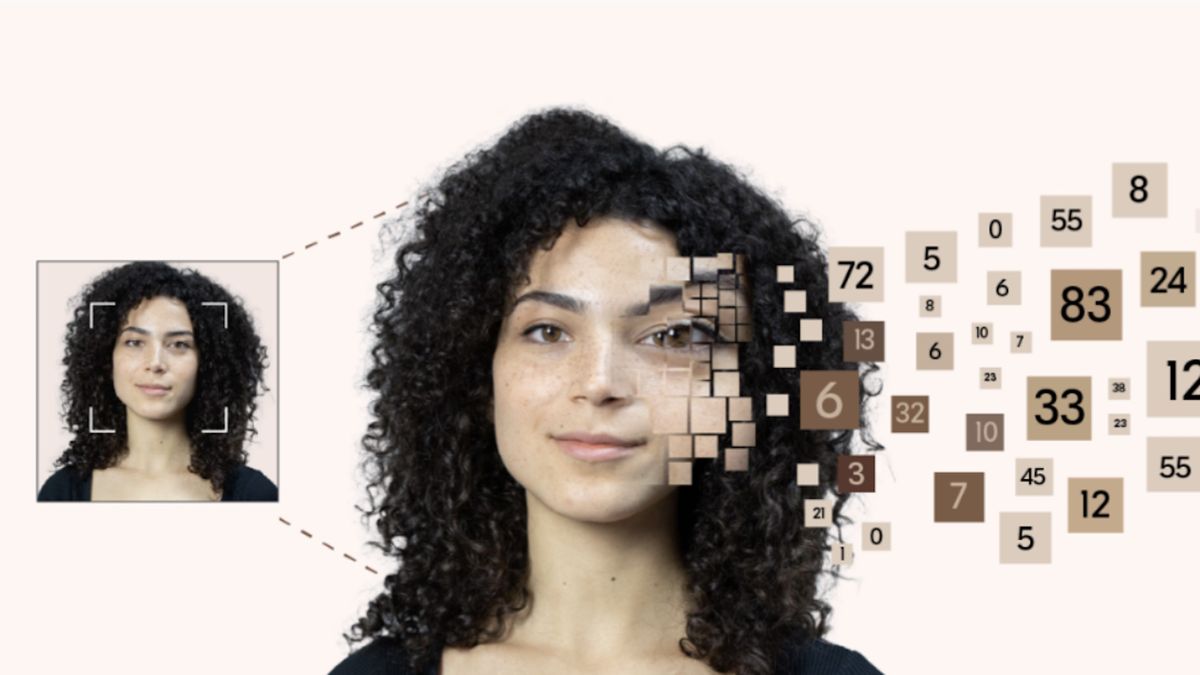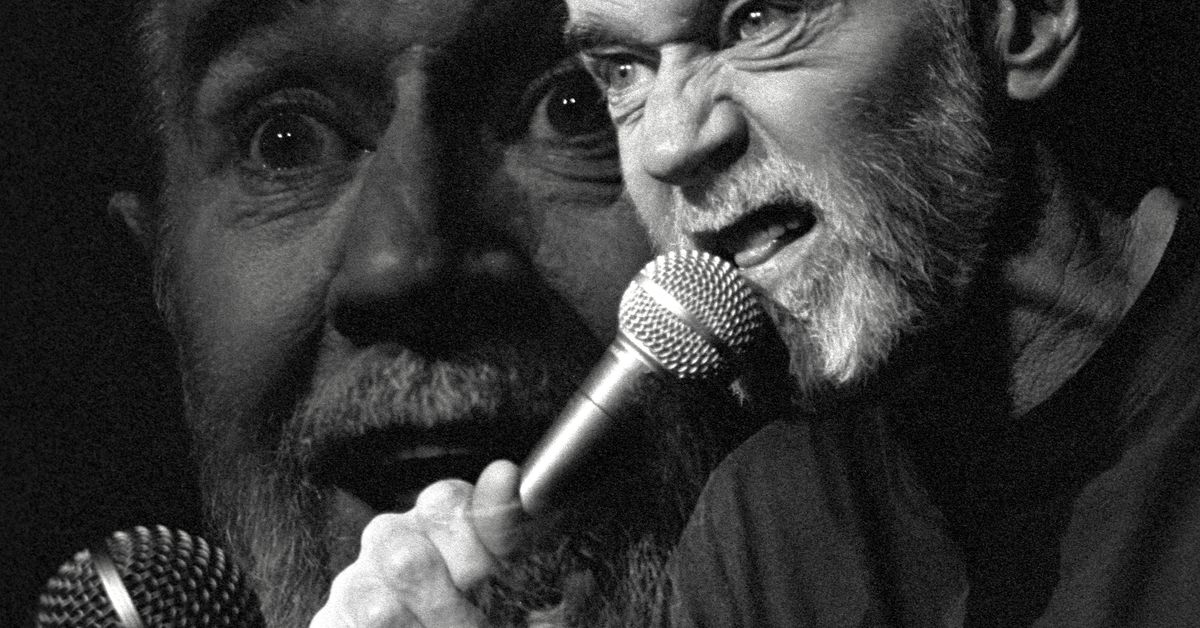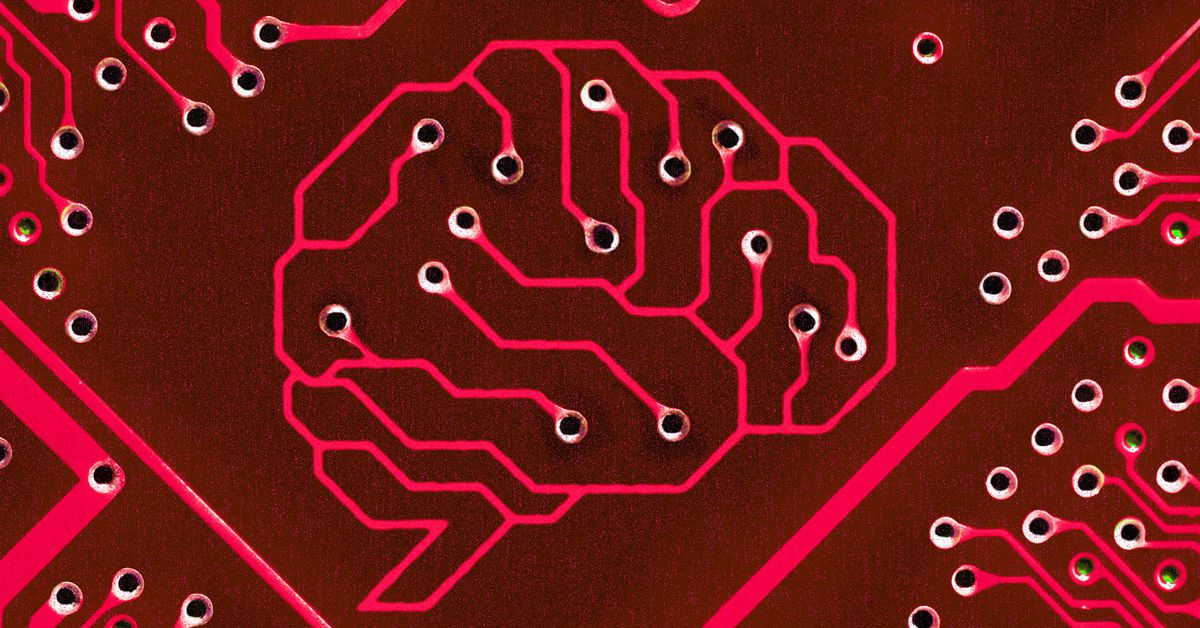Billie Eilish was present at the Wallis Annenberg Center for the Performing Arts in Beverly Hills, California, for the 2024 Vanity Fair Oscar Party hosted by Radhika Jones on March 10, 2024.
On a recent Tuesday, over 200 musical artists, including Pearl Jam, Nicki Minaj, Stevie Wonder, Elvis Costello, and the estate of Frank Sinatra, joined Billie Eilish in signing an open letter criticizing the use of AI in the music industry. The Artist Rights Alliance (ARA) spearheaded this initiative, urging AI developers, technology firms, platforms, and digital music services to refrain from exploiting AI to undermine the rights of human artists. The artists expressed concerns that AI poses a significant threat to their art and creative autonomy.
The protest against generative AI initially led by visual artists gained momentum following the emergence of mainstream AI image generators in 2022. The discontent has now spread to professionals across various creative fields, including writers, actors, filmmakers, and musicians. The open letter highlights the potential dangers of irresponsible AI usage, emphasizing the risks it poses to privacy, identity, music, and livelihoods. Allegations were made against unnamed major companies for utilizing artists’ work without consent to train AI models with the goal of substituting human artists with AI-generated content.
In a separate report by Billboard in January, concerns were raised regarding Google DeepMind’s AI research, which involved training a music-generating AI on copyrighted music without obtaining artists’ permission. While Google introduced Lyria as a tool to enhance human creativity, concerns persist regarding the unauthorized use of copyrighted material. Despite advancements in AI music generation models like Riffusion, Google’s MusicLM, and Stability AI’s Stable Audio, there is yet to be a flawless AI system capable of instantly producing high-quality music. However, the quality of outputs from music synthesis models continues to improve over time.
Reflecting on historical parallels, such as the initial skepticism surrounding synthesizers and digital sampling, the music industry has a track record of adapting to technological innovations. The ARA’s stance underscores the importance of addressing AI’s potential repercussions on the music landscape and advocating for fair treatment of artists amidst technological advancements.
The Artists Rights Alliance, a nonprofit organization advocating for the rights of musicians and songwriters, warns against the detrimental impact of unchecked AI on the creative economy. While recognizing AI’s potential to enhance creativity, the signatories caution that the displacement of artists by generative AI could severely reduce artists’ royalties, leading to financial hardships for many in the industry. They emphasize the need to prevent the exploitation of AI to devalue artists’ work and disrupt the music ecosystem.
The letter concludes with a strong call to action, urging stakeholders in the industry to refrain from developing or deploying AI technologies that undermine human artistry and fail to provide fair compensation to creators. Despite the uncertainties surrounding the industry’s response to these demands, the resistance from visual artists against advanced image-synthesis models serves as a cautionary tale.










